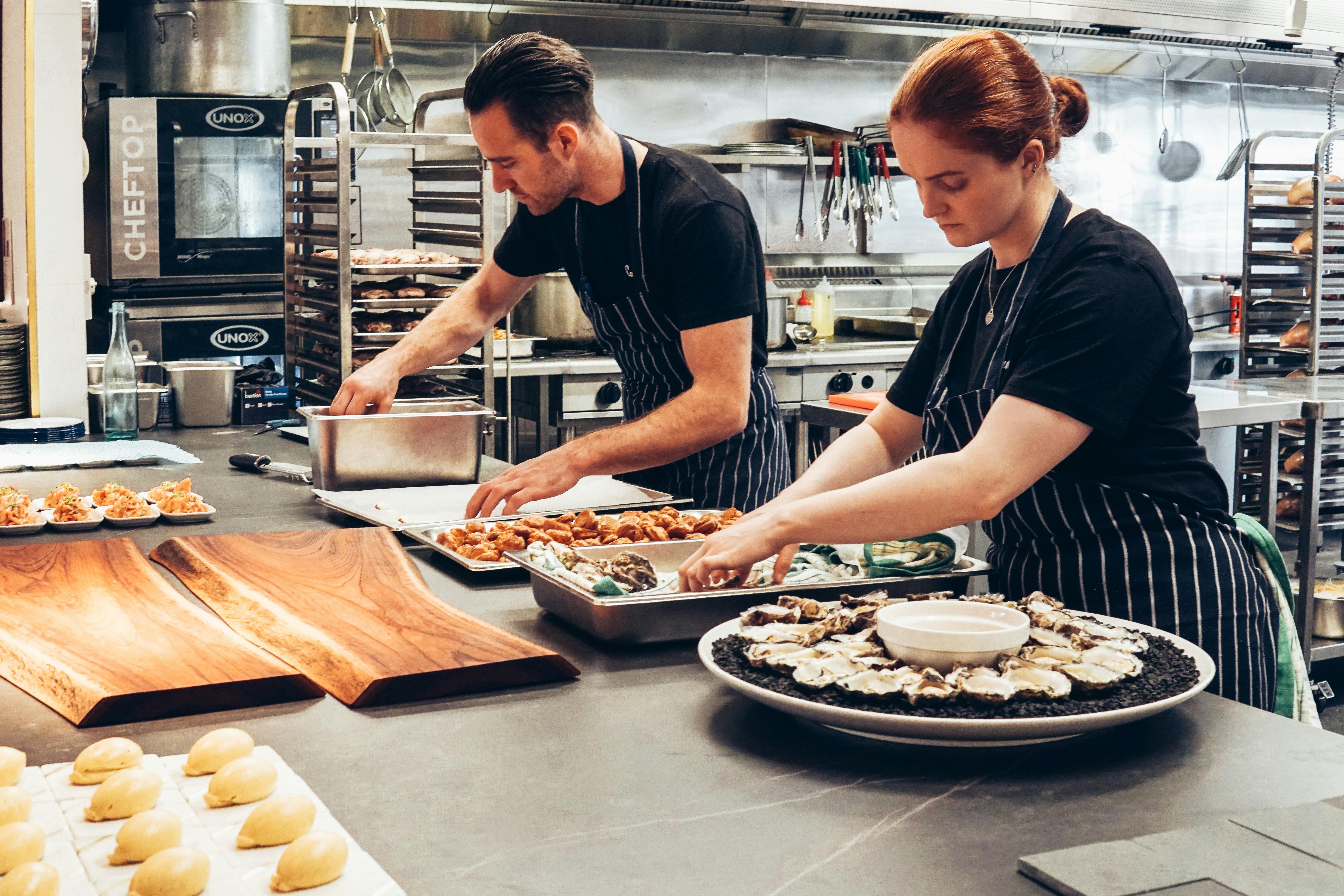March 04, 2024
Food allergies affect millions of people worldwide, and for those affected, consuming even small amounts of allergens can trigger severe reactions. As a food handler, it's crucial to understand the importance of safe food handling practices, particularly when it comes to catering to customers with food allergies. In this blog post, we'll explore the significance of navigating food allergies and highlight essential practices to ensure the safety of all patrons.

Understanding Food Allergies: Firstly, let's delve into what food allergies entail. Food allergies occur when the body's immune system reacts adversely to specific proteins found in certain foods. Common allergens include peanuts, tree nuts, milk, eggs, wheat, soy, fish, and shellfish. Even trace amounts of these allergens can provoke allergic reactions, ranging from mild symptoms like hives and itching to life-threatening anaphylaxis.
The Role of Food Handlers: Food handlers play a pivotal role in preventing allergic reactions by maintaining strict adherence to safe food handling practices. This involves understanding allergen labeling, cross-contamination risks, and proper communication with customers regarding allergen concerns.
Key Practices for Safe Food Handling:
Allergen Awareness: Familiarize yourself with common allergens and be vigilant in identifying ingredients that may contain allergenic proteins.
Cross-Contamination Prevention: Implement rigorous protocols to prevent cross-contact between allergens and non-allergenic foods. This includes separate storage, utensils, and preparation areas for allergen-free dishes.
Clear Communication: Establish effective communication channels with customers to inquire about their allergen concerns and convey accurate information about menu items.
Proper Labeling: Ensure all food items are clearly labeled with allergen information to assist customers in making informed choices.
Training and Education: Regularly undergo food handler training programs that cover allergen safety protocols and equip you with the knowledge to handle allergy-related scenarios confidently.
Our Food Handler and Food Allergy Courses: At LIQUORexam.com, we offer comprehensive training programs designed to educate food handlers on best practices for safe food handling and allergen safety. Our Food Allergen Safety Training course provides in-depth guidance on identifying, preventing, and managing allergen risks in food service environments. Additionally, our Food Handler Training equips individuals with essential skills and knowledge to uphold food safety standards.
To enroll in our courses and enhance your proficiency in food handling and allergen safety, visit the following links:
Navigating food allergies requires a collective effort from food handlers, establishments, and customers alike. By prioritizing safe food handling practices and fostering allergen awareness, we can create a dining environment that accommodates individuals with food allergies while ensuring their health and well-being. Invest in education and training from LIQUORexam.com to sharpen your skills as a food handler, and together, let's promote a culture of food safety and inclusivity.